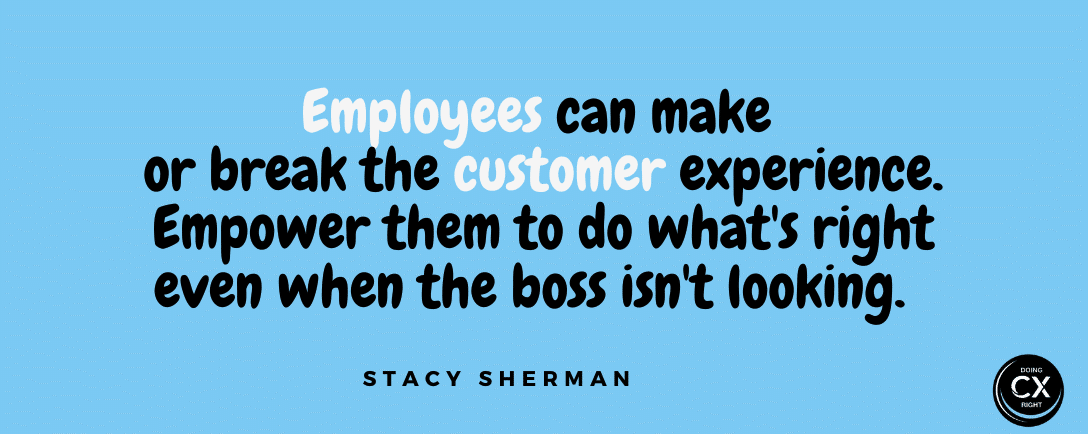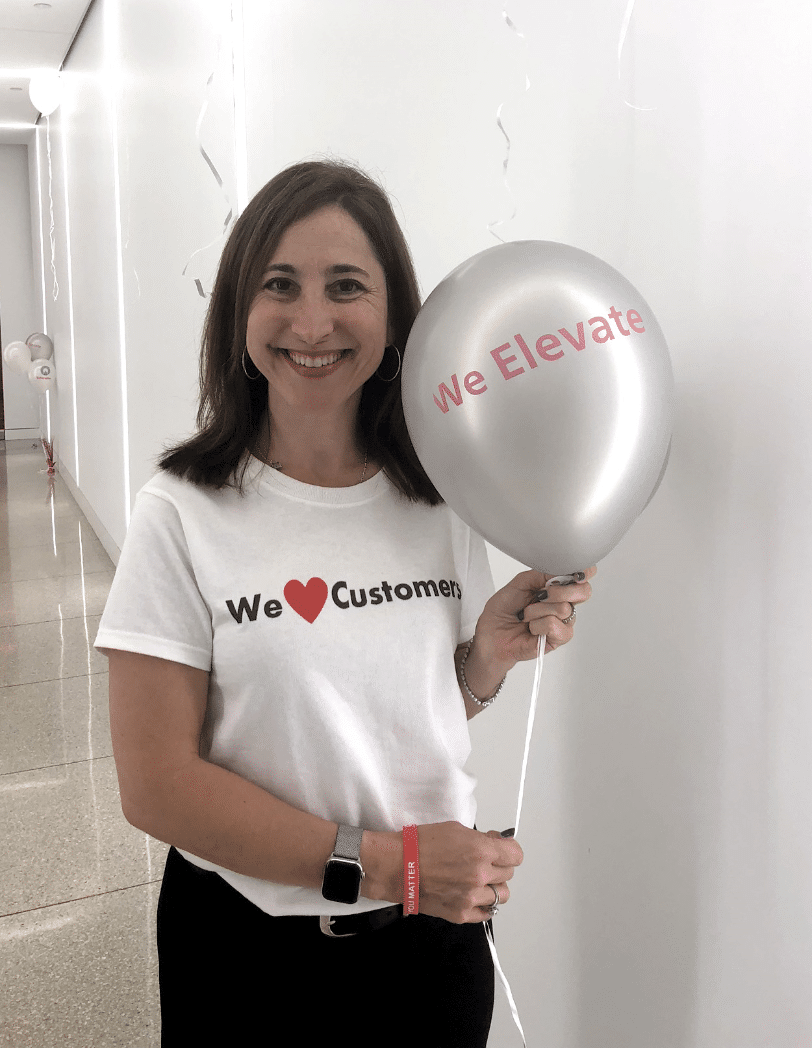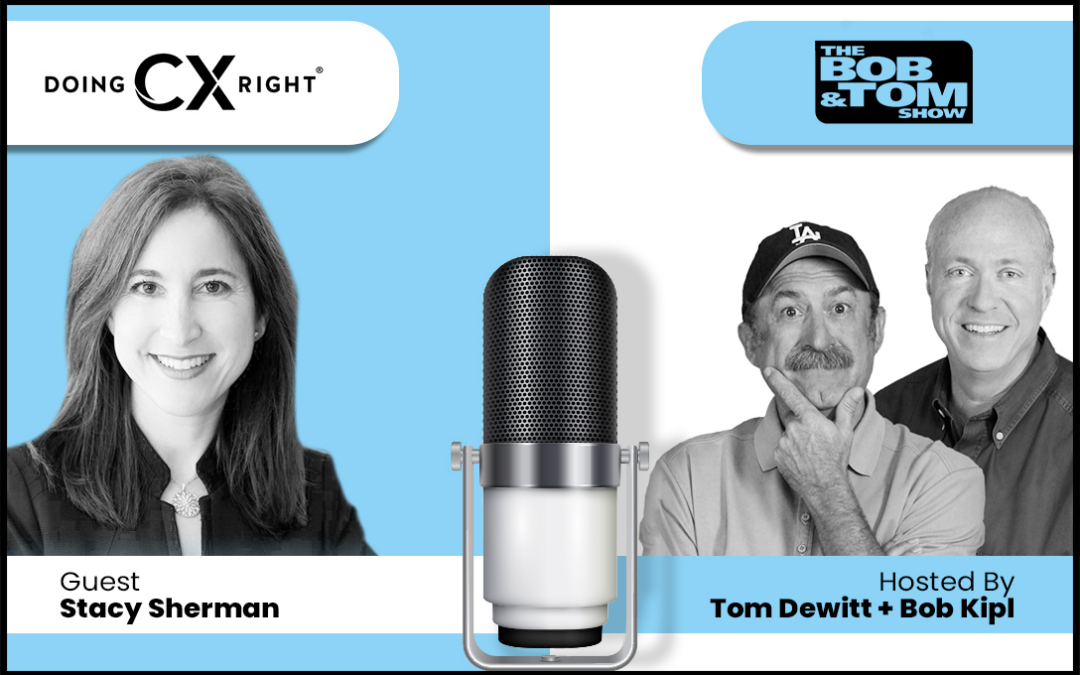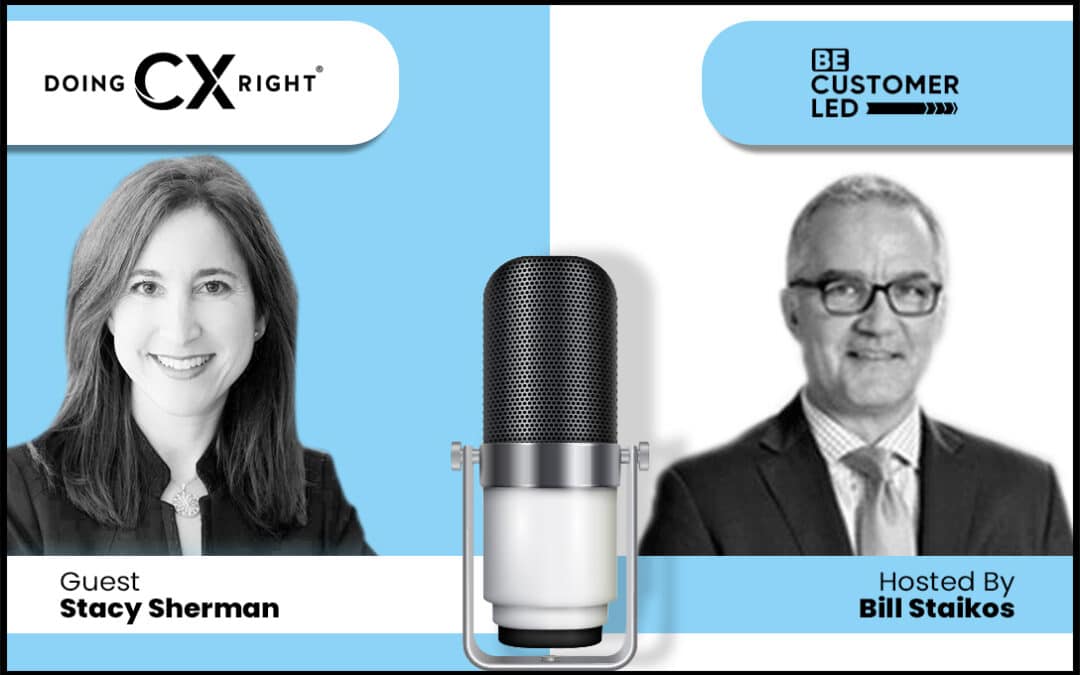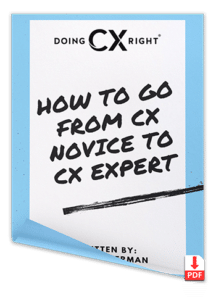
8 Strategies To Get Great Customer Service (Starts With YOU!)
Who Owns Customer Service?
(article updated 2024)
Is it strictly the companies we buy from, or do consumers have a responsibility to achieve a positive outcome too? This is the theme of my article featured in Psychology Today, co-written with psychiatrist and author Dr. Grant Brenner. We discuss ways to use emotional intelligence to have great experiences.
Let’s begin with a cringe-worthy story. You finally find that perfect product, a new laptop, home fitness equipment, or maybe a gift for your partner on a big anniversary. A few days later, the package arrives in the mail, and, like a kid getting a long-awaited present, you eagerly open the package. But oh no! It isn’t what you expected. So disappointing. Clearly, you are unhappy—or, really, irate—so what do you do?
Apply The Four Agreements To Improve Customer Service
Don Miguel Ruiz’s best-seller, The Four Agreements, focuses on positive change drivers. Ruiz “advocates freedom from self-limited beliefs that cause suffering and limitations in a person’s life.”
While his recipe is simple, it takes intention and persistence to succeed:
- Do not make assumptions
- Do not take anything personally
- Be impeccable with your words
- Always do your best
We elaborate on these agreements to empower consumers to partner effectively with businesses to achieve the best possible resolutions.
8 Strategies To Get Great Customer Service
1. Know what you want.
Define what you want and the questions you have in advance while staying open to possibilities. Be impeccable with your words, crafting your message based on the key principles to move the conversation toward a good resolution, within the limits of what is reasonable and possible. Ruiz explains that “impeccable with your word means you don’t use your words to speak ill of yourself or others.” Approaching with clear goals and a curious, rather than accusatory stance, will set the right tone. Pay attention to HOW you speak to customer service associates as well as WHAT you say.
2. Take responsibility for your own actions.
As Ruiz suggests, you are entitled to expect a great experience from companies you buy from but do not have a right to be mean to innocent people. Customer service reps may be having a worse day than you are. If there’s a contract, make sure you’ve read it. You have to know what you agreed to, and also what you are entitled to get.
3. Be patient, especially during a pandemic.
Mistakes happen because we’re HUMAN! Let’s say you ask for no mayo on your sandwich. The waiter brings your dish without accommodating what you wanted. You can make a scene, or you can stop and think. If you help diffuse stress, rather than amp it up, the waiter will likely apologize, make it right, and maybe throw in a complimentary dessert or appetizer. But… don’t be afraid to politely but firmly seek attention from a manager if it isn’t going anywhere.
4. Bring out their best through basic human decency.
If you anger service representatives, you are shooting yourself in the foot. Put yourself in their shoes and consider how you would want to be spoken to and then act accordingly. Be kind, not irate. Avoid displacing your pain points onto the other person, even if their company is at fault. If you liked the way they handled it, give them a compliment. You’ll feel better about the interaction, regardless of the outcome.
5. Make a human connection.
Relationships are powerful. Each time you get on the phone or chat with a customer service rep, deliberately establish a connection and be sincere. Realize that the money is important to the company, and reps are closely monitored for performance. For businesses, “talk time is expensive”—but this does not mean your needs are unimportant. On a more basic level, you are two human beings looking to solve a mutual problem.
6. Customer ratings may become the trend.
It’s integrated in the way Uber runs its business and will likely spread. It makes sense. Why would companies spend their time with people who are unkind and disrespectful? Don’t wait for customer ratings to scale across the world. Make sure your personal brand is what you want to project.
7. Provide customer feedback.
Companies typically learn what customers want based on asking them through surveys, focus groups, social media comments, and more. Take advantage of the time to provide recommendations as most brands are listening and care to improve experiences based on customer and prospect feedback. Provide positive input as well as your complaints. Give the company a chance to respond before going after them on social media. Judge fairly and realistically before tarnishing a reputation, and be open to revising ratings when there’s a resolution.
8. Use aggression wisely.
If you are feeling irate, it’s probably for a good reason. But how do you use anger when you can’t pivot, rather than letting anger use you? It’s critical at such moments to maintain self-control. Take a few deep breaths, pause, and review what your goals are. Use voice control—it’s OK to let them know you are not happy, and that it is painful for you. This will engage empathy. Anger often comes from threat, injury, and helplessness. Know where it is coming from before you displace pain onto others.
The Customer is Always Right?
Like it or not, the old adage “the customer is always right” is not always true. Caveat emptor— “buyer beware” still holds, though. If you signed a two-year contract in which you agreed to pay off an expensive product, it’s unlikely that you can argue your money back. But you can still try and problem-solve with the company to find a middle ground.
Developing our own personal “code of conduct” as consumers, based on the above principles, minimizes the negative impact of customer service negotiations while maximizing the chances of a best-possible outcome.
Customer experience is a top priority for many companies because a great customer journey is the difference between a great company and a long-term relationship, versus an OK company and shopping around. According to neuromarketing, people buy based on how brands make them feel and other psychological factors beyond services and product prices—including identity and lifestyle implications of brand-use.
So, who owns customer happiness? Customers or companies? The answer is both! The onus of customer satisfaction does not strictly fall upon businesses. We as consumers also need to take responsibility for the experiences we have every day… including how we interact with others whose job it is to provide service excellence.
Read more about how to apply The Four Agreements to win in business and life.
Please note: Blog article is not intended to be a substitute for professional advice. We will not be liable for any loss or damage caused by your reliance on information. Please seek the advice of professionals, as appropriate, regarding the evaluation of any specific information, opinion, advice, or other content. We are not responsible and will not be held liable for third party comments on post. Any user comment that in our sole discretion restricts or inhibits any other user from using or enjoying article s prohibited and may be reported to Sussex Publisher/Psychology Today. Grant H. Brenner and Stacy Sherman, All rights reserved.


